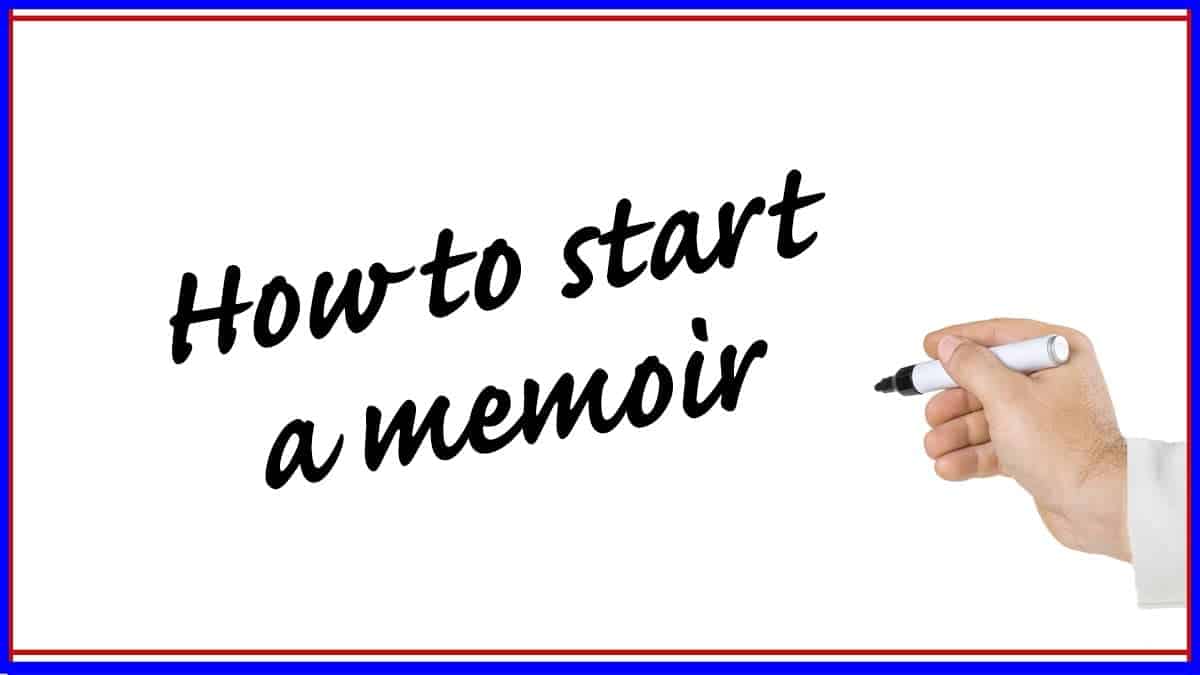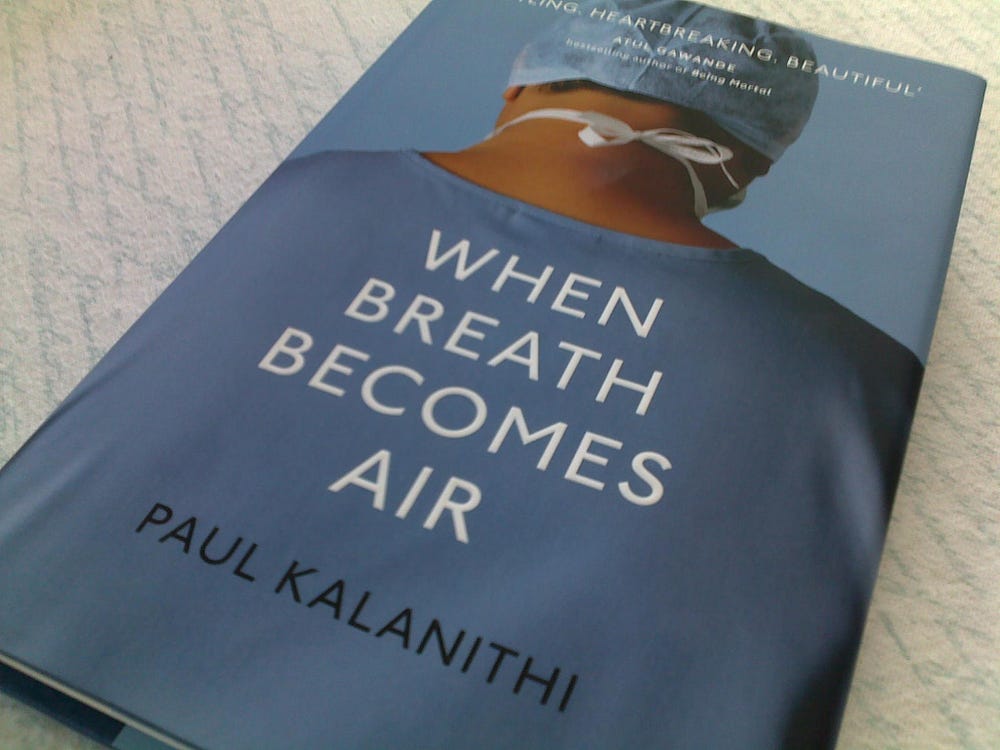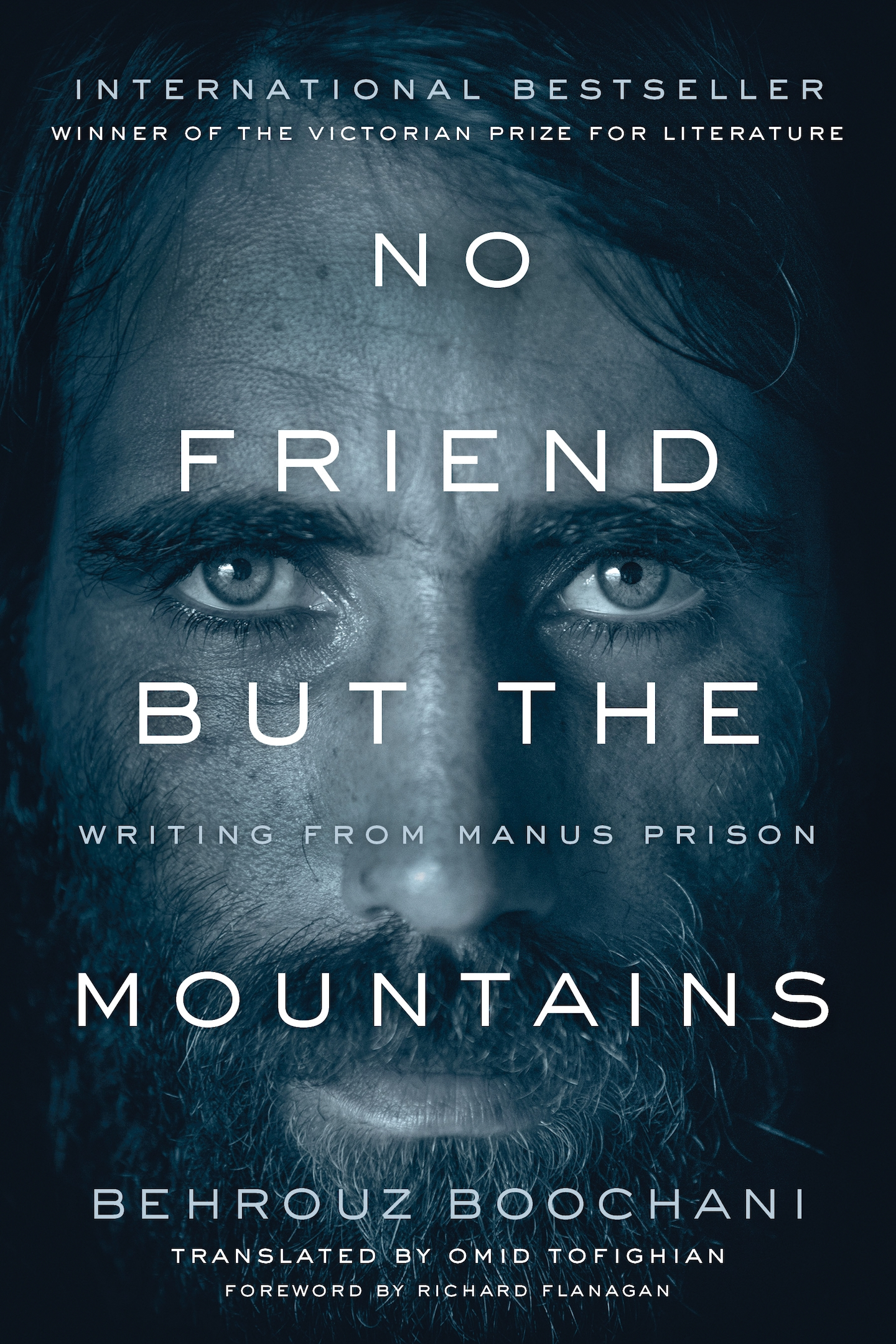What does MEMOIR mean? MEMOIR meaning - MEMOIR pronunciation - MEMOIR definition - MEMOIR explanation. A lighthearted memoir, but with pure rawness. I found myself talking with Ms. Moyna chapter to chapter, as if I was there listening to her through her ups and downs, and binges. We can all relate food to emotions and her writing made me feel all that; felt like I was right there with her (and also made me think of my own relationship with food)! The definition of a memoir is a retelling or recount of a life lived, often in book or movie form. When you write the history of your life in a book, this is an example of a memoir. A biography or autobiography tells the story 'of a life', while a memoir often tells the story of a particular event or time, such as touchstone moments and turning points from the author's life. The author of a memoir may be referred to as a memoirist or a memorialist.
A memoir (/ˈmɛmwɑːr/;[1] from French: mémoire: memoria, meaning memory or reminiscence) is any nonfictionnarrative writing based in the author's personal memories.[2][3] The assertions made in the work are thus understood to be factual. While memoir has historically been defined as a subcategory of biography or autobiography since the late 20th century, the genre is differentiated in form, presenting a narrowed focus. A biography or autobiography tells the story 'of a life', while a memoir often tells the story of a particular event or time, such as touchstone moments and turning points from the author's life. The author of a memoir may be referred to as a memoirist or a memorialist.
Early memoirs[edit]
Memoirs have been written since the ancient times, as shown by Julius Caesar's Commentarii de Bello Gallico, also known as Commentaries on the Gallic Wars. In the work, Caesar describes the battles that took place during the nine years that he spent fighting local armies in the Gallic Wars. His second memoir, Commentarii de Bello Civili (or Commentaries on the Civil War) is an account of the events that took place between 49 and 48 BC in the civil war against Gnaeus Pompeius and the Senate. The noted Libanius, teacher of rhetoric who lived between an estimated 314 and 394 AD, framed his life memoir as one of his literary orations, which were written to be read aloud in the privacy of his study. This kind of memoir refers to the idea in ancient Greece and Rome, that memoirs were like 'memos', or pieces of unfinished and unpublished writing, which a writer might use as a memory aid to make a more finished document later on.
The Sarashina Nikki is an example of an early Japanese memoir, written in the Heian period. A genre of book writing, Nikki Bungaku, emerged during this time.
In the Middle Ages, Geoffrey of Villehardouin, Jean de Joinville, and Philippe de Commines wrote memoirs, while the genre was represented toward the end of the Renaissance, through the works of Blaise de Montluc and Margaret of Valois, that she was the first woman to write her Memoirs in modern-style.[4]
Until the Age of Enlightenment encompassing the 17th and 18th centuries, works of memoir were written by Anthony Ashley-Cooper, 1st Earl of Shaftesbury; François de La Rochefoucauld, Prince de Marcillac of France; and Louis de Rouvroy, duc de Saint-Simon, who wrote Memoirs at his family's home at the castle of La Ferté-Vidame. While Saint-Simon was considered a writer possessing a high level of skill for narrative and character development, it wasn't until well after his death that his work as a memoirist was recognized, resulting in literary fame.[5]
From the eighteenth century[edit]
Over the latter half of the 18th through the mid-20th century, memoirists generally included those who were noted within their chosen profession. These authors wrote as a way to record and publish their own account of their public exploits. Authors included politicians or people in court society and were later joined by military leaders and businessmen. An exception to these models is Henry David Thoreau's 1854 memoir Walden, which presents his experiences over the course of two years in a cabin he built near Walden Pond.
Twentieth-century war memoirs became a genre of their own, including, from the First World War, Ernst Jünger (Storm of Steel) and Frederic Manning's Her Privates We. Memoirs documenting incarceration by Nazi Germany during the war include Primo Levi's If This Is a Man, which covers his arrest as a member of the Italian Resistance Movement, followed by his life as a prisoner in Auschwitz; and Elie Wiesel's Night, which is based on his life prior to and during his time in the Auschwitz, Buna Werke, and Buchenwald concentration camps.
Memoirs today[edit]
In the early 1990s, memoirs written by ordinary people experienced a sudden upsurge, as an increasing number of people realized that their ancestors’ and their own stories were about to disappear, in part as a result of the opportunities and distractions of technological advances. At the same time, psychology and other research began to show that familiarity with genealogy helps people find their place in the world and that life review helps people come to terms with their own past.[7]
With the advent of inexpensive digital book production in the first decade of the 21st century,[8] the genre exploded. Memoirs written as a way to pass down a personal legacy, rather than as a literary work of art or historical document, are emerging as a personal and family responsibility.[9]
Memoir Meaning And Definition
The Association of Personal Historians was a trade association for professionals who assisted individuals, families, and organizations in documenting their life stories.[10] It dissolved in 2017.
Collections[edit]
With the expressed interest of preserving history through the eyes of those who lived it, some organizations work with potential memoirists to bring their work to fruition. The Veterans History Project, for example, compiles the memoirs of those who have served in a branch of the United States Armed Forces – especially those who have seen active combat.[11]
Memoir Meaning In Hindi
Academia[edit]

The term 'memoir' has been used in an academic context to describe an essay on a learned subject. Examples include explanatory texts accompanying geologic maps.[12]
See also[edit]
| Look up memoir in Wiktionary, the free dictionary. |
References[edit]
- ^'memoir noun - Definition, pictures, pronunciation and usage notes'. www.oxfordlearnersdictionaries.com.
- ^'memoir'. Merriam-Webster.com. Merriam-Webster. July 5, 2015.
- ^'memoir'. Oxford Dictionaries. Oxford University Press. July 5, 2015.
- ^(in French) Viennot, Éliane, Marguerite de Valois et l'écriture de l'histoire, 1574-1614, Études Épistémè, 17, spring 2010.
- ^Saintsbury, George (1911). Saint-Simon, Louis de Rouvroy, Duc de, In Chisholm, Hugh. Encyclopædia Britannica, 24 (11th ed.). Cambridge University Press, pp. 47, 48.
- ^'Gedenkschriften over Napoleon's veldtochten, meegemaakt als soldaat bij het 2e regiment carabiniers te paard, 1805-1815'. lib.ugent.be. Retrieved 2020-08-28.
- ^Ledoux, Denis (2006). Turning Memories Into Memoirs: A Handbook for Writing LIfestories. Writer. ISBN978-0974277349.
- ^Henke, Harold (2001). Electronic Books and ePublishing: A Practical Guide for Authors. Springer Science & Business Media. ISBN978-1852334352. Retrieved 2014-12-12.
- ^Balzer, Paula (2011). Writing & Selling Your Memoir: How to Craft Your Life Story So That Somebody Else Will Actually Want to Read It. Writer. ISBN978-1599631356. Retrieved 2019-08-28.
- ^Wright, Chris (2002-01-17). 'Ordinary people'. The Phoenix. Phoenix Media/Communications Group.
- ^'Veterans History Project (Library of Congress)'. loc.gov.
- ^https://www.worldcat.org/title/amani-memoirs-a-provisional-soil-map-of-east-africa-kenya-uganda-tanganyika-and-zanzibar-with-explanatory-memoir/oclc/6022506
| Wikimedia Commons has media related to Memoirs. |
Definition of Memoir
Memoir is a written factual account of somebody’s life. It comes from the French word mémoire, which means “memory,” or “reminiscence.” This literary technique tells a story about the experiences of someone’s life. A literary memoir is usually about a specific theme, or about a part of someone’s life. It is a story with a proper narrative shape, focus, and subject matter, involving reflection on some particular event or place.

Memoirs are often associated with popular personalities, such as celebrities, sportsmen, soldiers, singers, and writers. It allows making a connection with what the audience finds captivating, interesting, appealing, and engaging.
Memoir and Autobiography
Memoir falls under the category of autobiography, but is used as its sub-genre. The major difference between memoir and autobiography is that a memoir is a centralized and more specific storytelling, while an autobiography spans the entire life of a person with intricate details such as the childhood, family history, education, and profession. A memoir is specific and focused, telling the story of somebody’s life, focusing on an important event that occurred at a specific time and place.
Examples of Memoir in Literature
Example #1: A Moveable Feast (By Ernest Hemingway)
Ernest Hemingway Six Word Memoir Meaning
Ernest Hemingway was an acclaimed celebrity during the times when the public treated American writers like movie stars. His memoir A Moveable Feast was published after his death in 1964. This memoir is a collection of stories about his time spent in Paris as a writer in 1920s, before attaining popularity. During these days, he was acquainted with many other famous writers, including Ezra Pound, F. Scott Fitzgerald, and Gertrude Stein.
What Is In A Memoir
Example #2: Speak Memory (By Vladimir Nabokov)


This memoir is about the description of Nabokov’s childhood, and the years he spent before moving to America in 1940; however, it is not the exact reason of writing this memoir. More notably, this book is about a tale of his art, as it serves as a model of that art. In addition, it includes themes, imagery, and symbols that build up a structure in the minds of readers besides making up the book. Like always, Nabokov’s prose writing is flawless, brilliant, and overwhelming, while his playful writing style makes his work seem fascinating.
Memoir Titles
Example #3: Homage to Catalonia (By George Orwell)
This is Orwell’s gripping tale of his days during the Spanish Civil War. He has described it with his typical trademark of journalistic wink, which is one of his best works. Honest and unwavering, Orwell narrates his personal experience without inducing any agenda, recording different things from that era as he saw them. Philip Mairet said of this account that the work shows ]people a heart of innocence living in revolutionary days.
Example #4: Maus (By Art Spiegelman)
Although we can find many deeply affecting memoirs to make this list, Maus is one of the most well-liked memoirs, with its distressing story covered with perfect illustrations by Spiegelman. We might think that imagining different characters appearing with animal faces would make the story horrible and less intense and more irritating, it is rather the opposite. If we know the comic style, we learn that blank iconic faces and the outlook of the mice in this memoir allows the audience to put themselves in their shoes, to understand the story more easily.
Function of Memoir
Memoir has been around since ancient times. Perhaps Julius Caesar, who wrote and depicted his personal experiences about epic battles, was the first memoirist. Later, it became a popular and acclaimed literary genre. Memoir serves to preserve history through a person’ eyes. Through memoir, celebrities also tell harsh sides of their careers. Rock stars tell their fans about tough days spent in distress, drug addicts reveal their struggle in seeking normal life, soldiers write war experiences, people who are mentally ill describe ups and downs to achieve clarity, and authors tell particular events that happened before their eyes. Hence, the function of memoir is to provide a window for the audience to have a look into the lives of other people.
